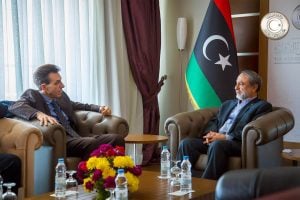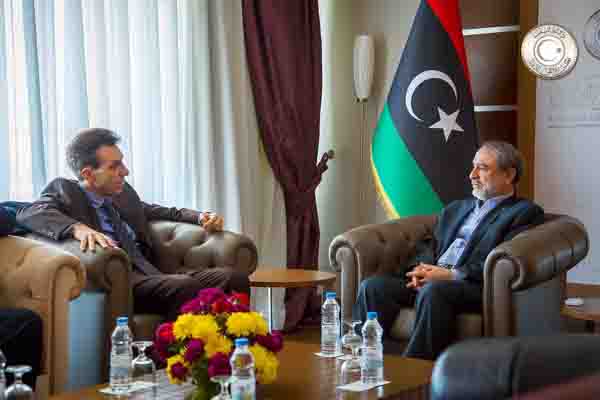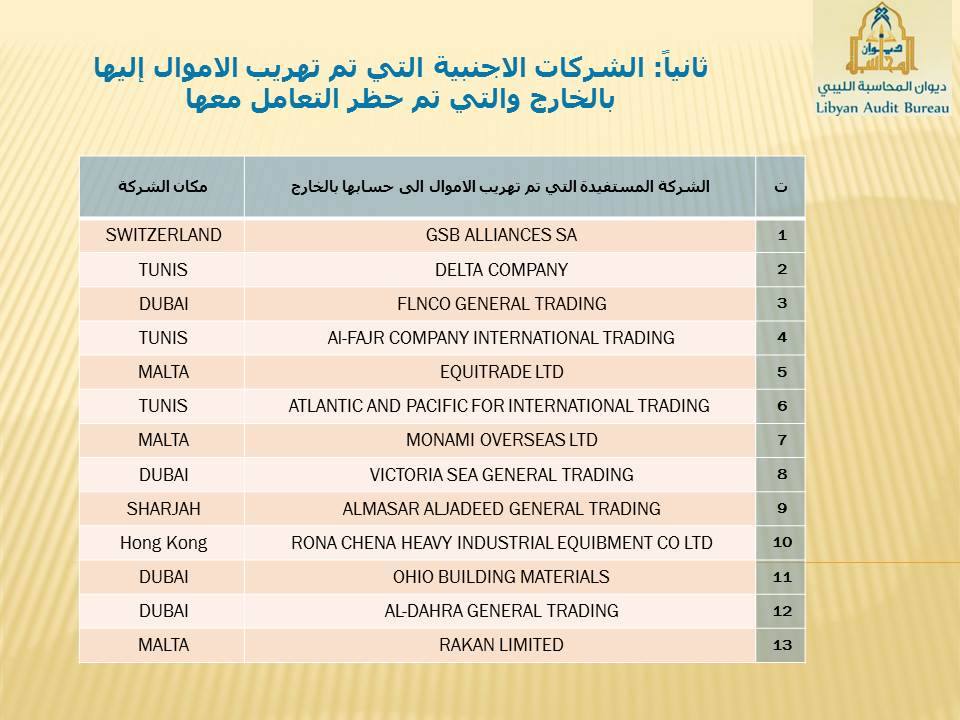By Sami Zaptia.

London, 19 January 2017:
Contrary to the timeline widely reported by some Libyan and international (especially Italian) media on when the Italian embassy will start issuing Schengen visas from Tripoli; when direct flights will resume between Rome and Tripoli; and when a mobile power generator would arrive – the Italian embassy has refused to confirm any specific timeline.
It will be recalled that yesterday many media outlets, based on a press release by the High State Council after a meeting with new Italian ambassador Giuseppe Perrone, reported that Perrone had given specific timelines.
The press release reported Perrone had confirmed that visas would start to be issued and direct flights would resume in February and that the mobile 250 MW power generator would arrive in Tripoli ‘‘soon’’. It would also be connected by Italian engineers to the Libyan electricity network, the High State Council press statement implied.
However, in response to a direct request by Libya Herald for confirmation of these timelines, the Italian embassy in Tripoli would only confirm the following:
‘‘On visas, we would like to re-open the visas from Tripoli as soon as possible and therefore we are working very hard. We hope we will be able to issue visas from Tripoli in the next few weeks’’.
‘‘We are working with the Mitiga airport with the aim of re-opening direct flights between Tripoli and Italy as soon as possible, but we are not in the position at the moment of setting a date or a month’’.
‘‘We are examining the best option which will relieve, in the shortest period of time, the people of Tripoli from the problems caused by the long-hours of power cuts. Equally, we would like to intervene also in other areas of the country but that will be a longer process’’.
The embassy refused to confirm or comment to Libya Herald on the legalities of the lifting of the EU flight ban currently in place on Libya. It would not comment on whether Italy would unilaterally lift the EU flight ban, for example.
The Italian embassy also failed to confirm or comment on whether a mobile power generator is indeed the option being discussed. It also would not confirm the brand of the power generator, the Italian company supplying it, or its cost. It has also not been able to put this newspaper in contact with any Italian entities that can help establish these facts.
It will be recalled that Libya has already had an experience with mobile power generators. In May 2015 the Audit Bureau criticised in its 2014 report the General Electricity Company of Libya’s (GECOL) US$ 193 million contract with supplier APR Energy for mobile generators as ‘‘too high’’. The generators had to be returned when Libya could not keep up its payments.
It is not clear if the High State Council wrongly reported ambassador Perrone’s timeline or that it was said in confidence and was not meant for publication. Alternatively, Perrone may have indeed mention February for the commencement of visas and direct flights and the arrival ‘‘soon’’ of the mobile generator – but has decided to row back in public so as not to raise expectations and create unwanted pressure to deliver.
It will be recalled that the Italian embassy reopened its embassy in Tripoli on 10 January – the first major power to reopen having been the last major embassy to leave Tripoli in February 2015.
Ambassador Perrone had received his credentials from Presidency Council head and Government of National Accord Prime Minister-designate Faiez Serraj in Tripoli on 9 January.









